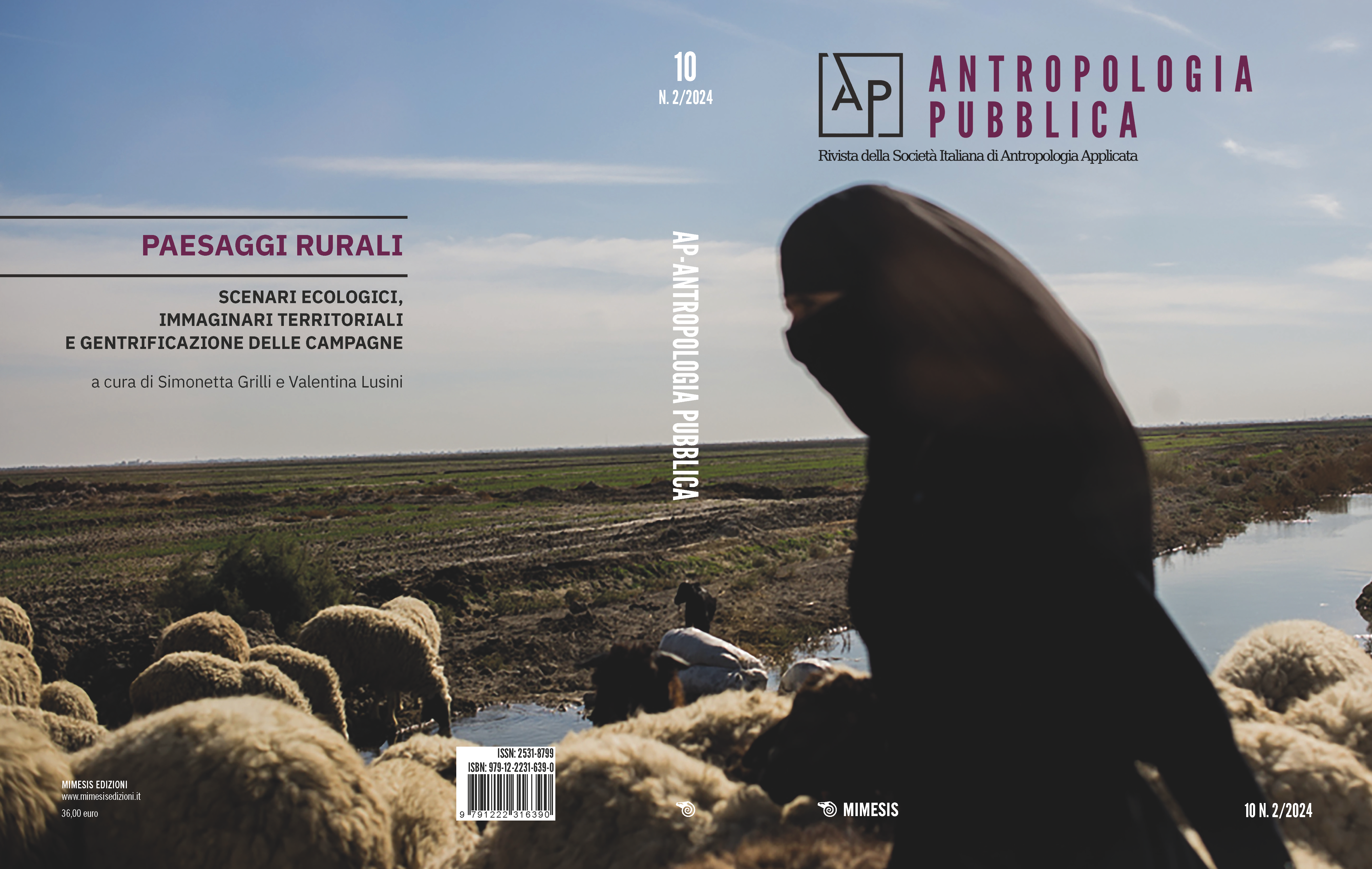Experiencing the body. in the present Temporality and active ageing in a Parkinson’s Café
DOI:
https://doi.org/10.7413/2531-87990029Palabras clave:
Active ageing; Temporality; Living in the present; Music therapy; Parkinson’s Cafè.Resumen
This article analyses the relationship between temporality and active ageing in a Parkinson Café. Drawing on ethnographic research, I discuss the functioning of discursive devices and bodily practices that revolve around what I define as the model of the “body in the present”. It is a set of discourses and practices that convey a positive and active vision of age by ascribing meaning to the relationship with one’s body in the present. Discursive practices and musicotherapy allow participants to detach from a biomedicalised way of living the ageing body that is always oriented to the future decline. Living the body in the present means in that context to positively live with ones ‘own physical limitations and being able to relate with other people. However, the efforts of participants and the psychologist was necessary to avoid that active ageing would have become an unrealistic idealized model which would have discriminated the people in the worst health conditions. This article contributes to the study of the relationships between active ageing, temporality and normativity in old age. It shows active ageing not only a dominant discourse but also an embodied experience which can be present-oriented rather than future-oriented. I argue that active ageing can effectively promote social integration, but relational and community work is needed to prevent active and positive visions of active age from reproducing social marginalization among older adults.



